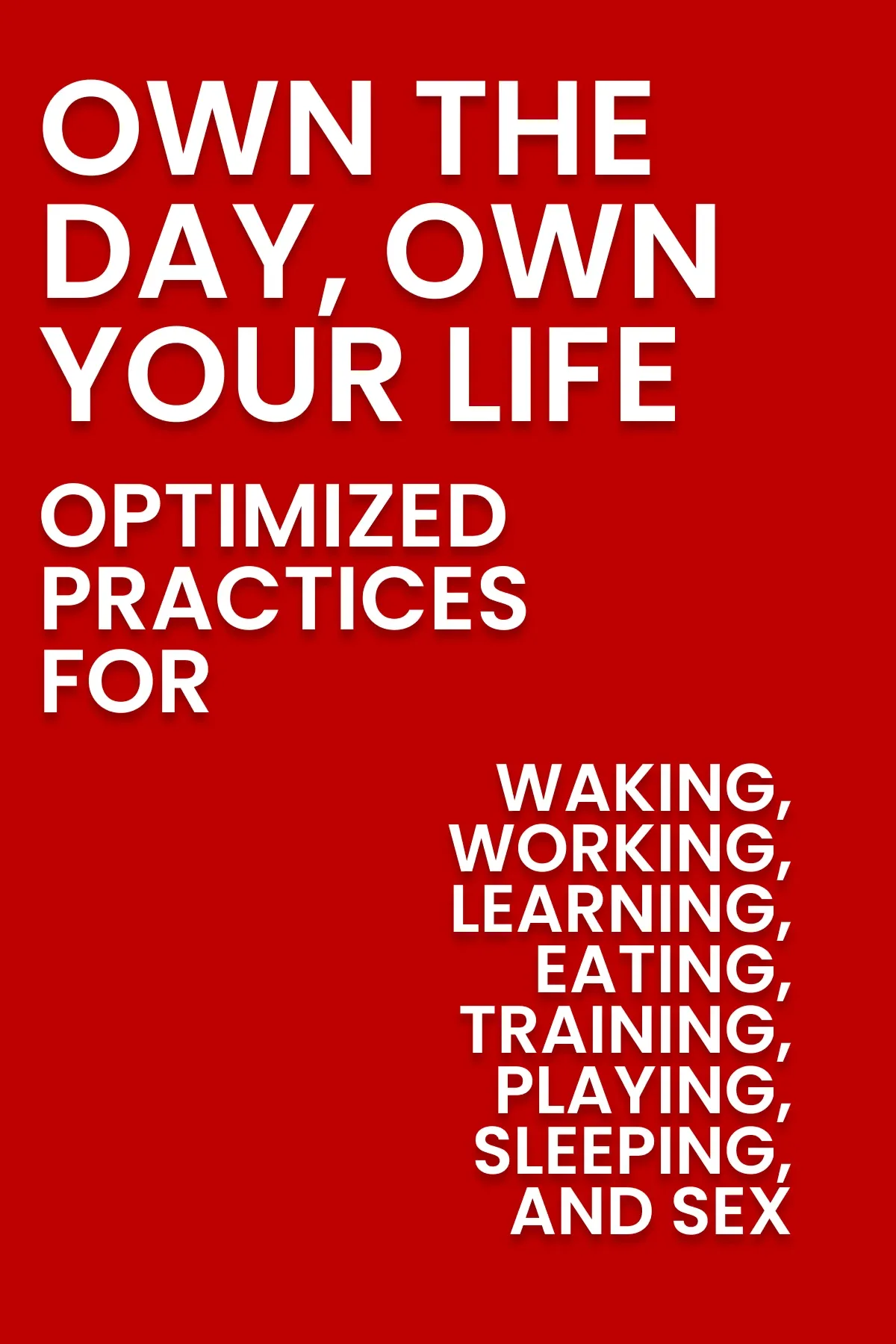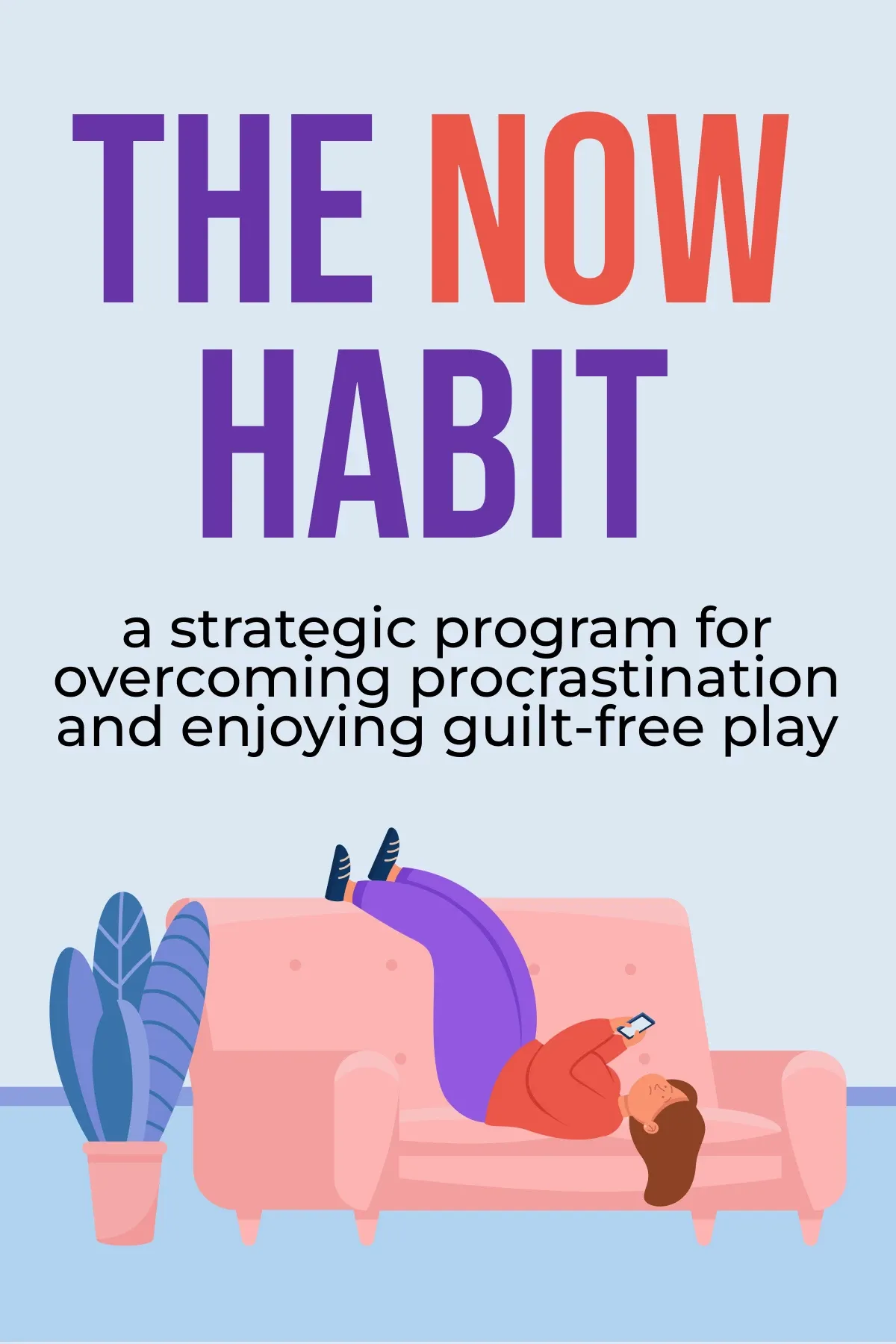
Mind Gym
Brief Summary
“Mind Gym” provides guidance about reaching your full potential and getting the best results in sports. It explains how our mind is connected with our body and what features we should develop to achieve success.
Key points
Key idea 1 of 8
If you think that physical fitness plays a decisive role in sports, you are mistaken. Outstanding athletes, sports coaches, and professionals know that it is equally important to devote time to training their minds. Famous American baseball player Yogi Berra believed that 90% of success depends on the mind. This was also proven by an experiment in which experts asked athletes to reflect on their best and worst results. The participants in this exercise concluded that the mind was a vital component of their success.
In sports, as in any other field, if you learn to use your mind correctly, you can achieve extraordinary results. A striking example is the story of the famous golfer Tommy Bolt. For many years, he had struggled with his temper. Bolt noticed that every time he made a mistake, such as hitting the ball into a lake, and told himself “not to do that,” he subconsciously repeated the same mistake. Instead, the golfer began to focus on something positive, such as the area where he needed to hit the ball. And his overall performance improved significantly.
Another powerful tool that influences your success is pressure. This factor becomes especially essential in major competitions, as athletes are often burdened with many expectations and responsibilities. For some, pressure can be harmful and throw them off course, while for others, pressure is a powerful motivator. According to the pressure principle, this factor can either improve or worsen your performance by 15%.
The story of figure skater Scott Hamilton illustrates how this principle works. Scott participated in the Olympic Games, where he faced many obstacles and difficulties. However, instead of giving in to fear and disappointment, he used pressure as motivation. Consequently, Hamilton gave his best effort and won the gold medal! Therefore, the decisive factor in the pressure principle is how we perceive it—as a threat or as an opportunity to improve our performance.
FAQ
You may also like these summaries











